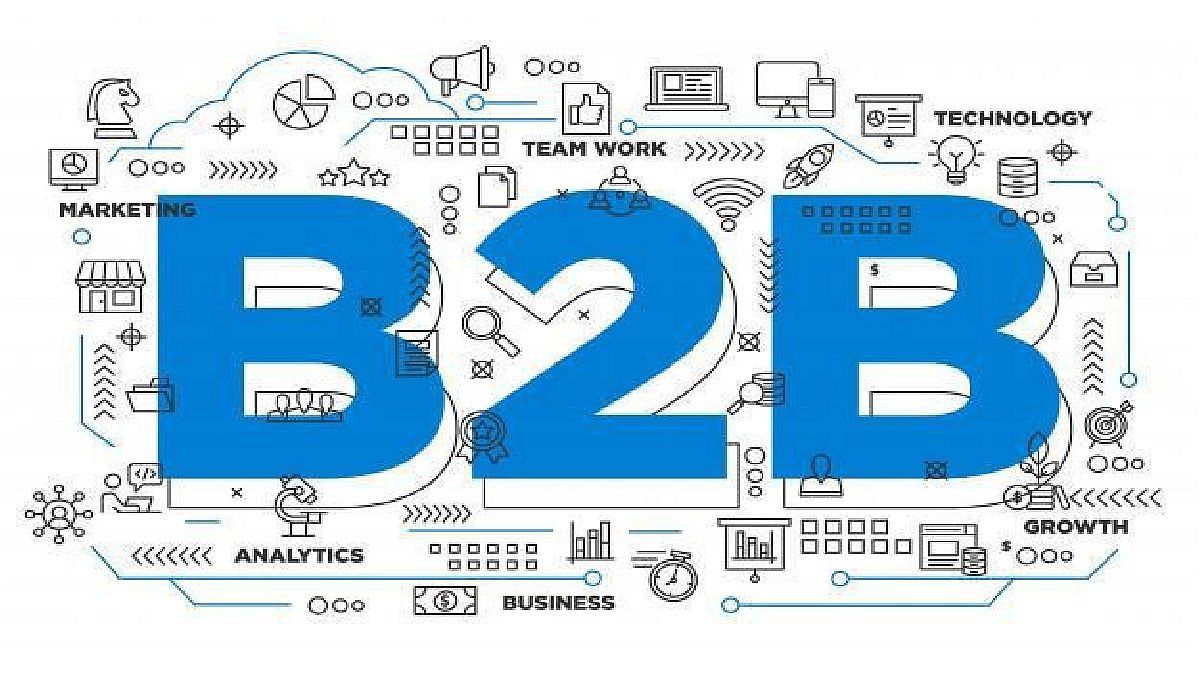Even the B2B online market is 6 times larger than the B2C market, and everything indicates that this will continue to increase as companies go digital and push B2B companies towards ecommerce.
The main requirements of a virtual store are the same for consumers and professional buyers: they need an online sales channel that is available 24 hours a day, 7 days a week. But that’s all they have in common.
You have to choose very well the ecommerce that will be useful to be able to market in large volumes and abroad in order to continue with the growth of the business. But this ecommerce must have the appropriate programming to contain the differences in the cases such as the number of customer lists, activities, payment methods, etc. It is another form of marketing.
Each company has a way of doing business but it is necessary to identify these points from the beginning and be able to solve them with the appropriate and tailored ecommerce.
The direct encounter through a commercial person will continue to exist, but its role will radically change. From becoming an order taker to generating new business, presenting novelties and stimulating the relationship between both companies.
The-boom-of-eCommerce-trends-for-2021.jpg
In addition to the fact that through an ecommerce the use of time is made effective for both and repetitive purchases are automated. The creation of an ecommerce for the B2B segment makes it easier for the channel to speed up transactions and minimize errors in orders.
Advantages of B2B e-commerce
There is great potential for wholesalers, distributors and manufacturers to move towards digitalization to place their products:
Business Growth: online commerce brings more opportunities by strengthening the presence in digital channels. An effective B2B eCommerce platform will allow your organization to easily grow and scale to meet nationwide market demand and customer needs by opening new sales channels and continuously reaching new market segments.
Lower costs: Modern technology allows you to bring almost every aspect of your business to digital platforms, including order entry, data collection, and customer service. By automating and streamlining these processes, unnecessary costs are reduced, even while making business processes more efficient.
Analysis: B2B-oriented ecommerce is perfect for comprehensive analysis, to measure and evaluate your marketing campaigns, sales, products, promotions, inventory, among others; offering a follow-up with actionable information instantly. One of the most important factors is the traceability of the entire operation in real time.
Customer experience: Although there are differences in the experiences of end buyers and B2B buyers, companies have to offer content, design, functionality of their sites to guarantee a better shopping experience. Customer service is largely automated and in many cases tasks such as data upload, spreadsheets, purchase orders, merchandise tracking, etc. are self-managed.
Expansion to other markets: An online store helps you reach more customers, but they don’t necessarily have to be in local markets. Being a company that handles large volumes of products, it has the possibility of going out to compete in international markets and being able to bring capital in dollars.
CEO of VNS.
Source: Ambito




